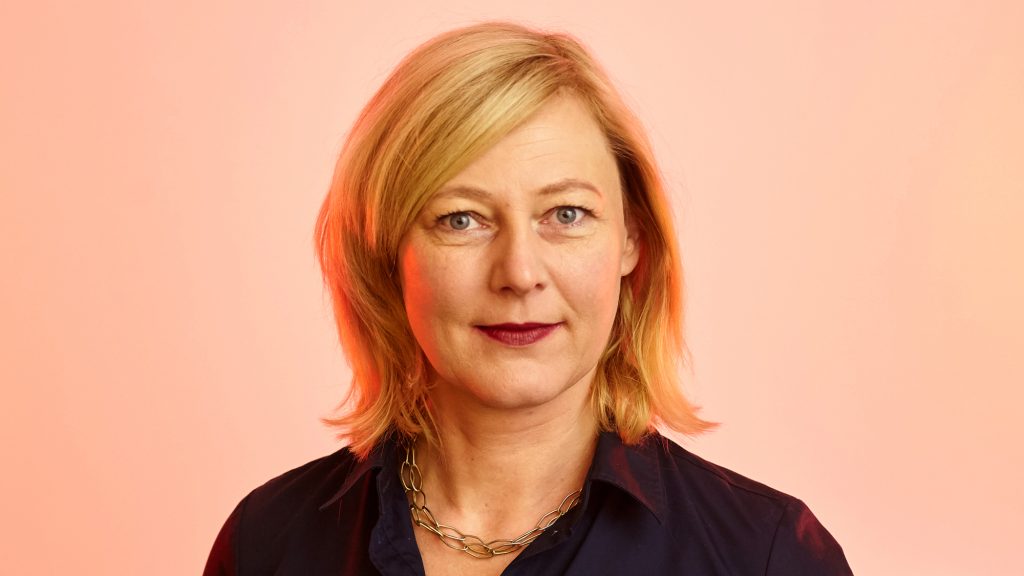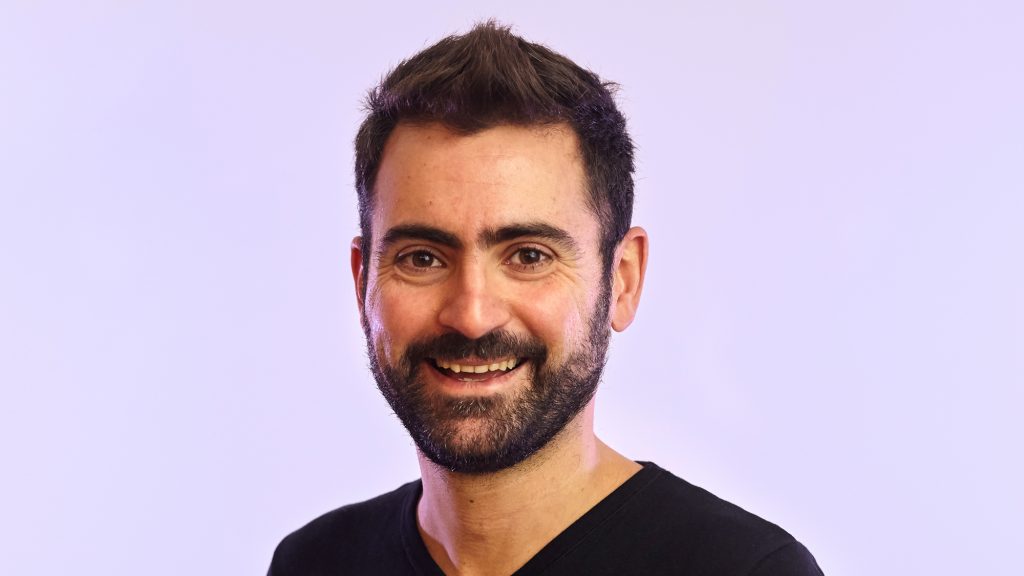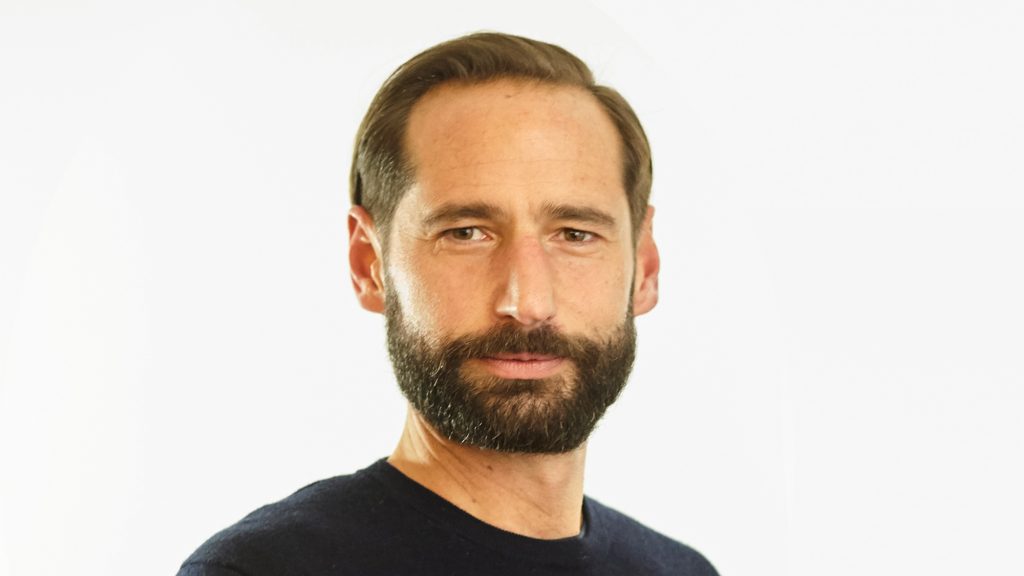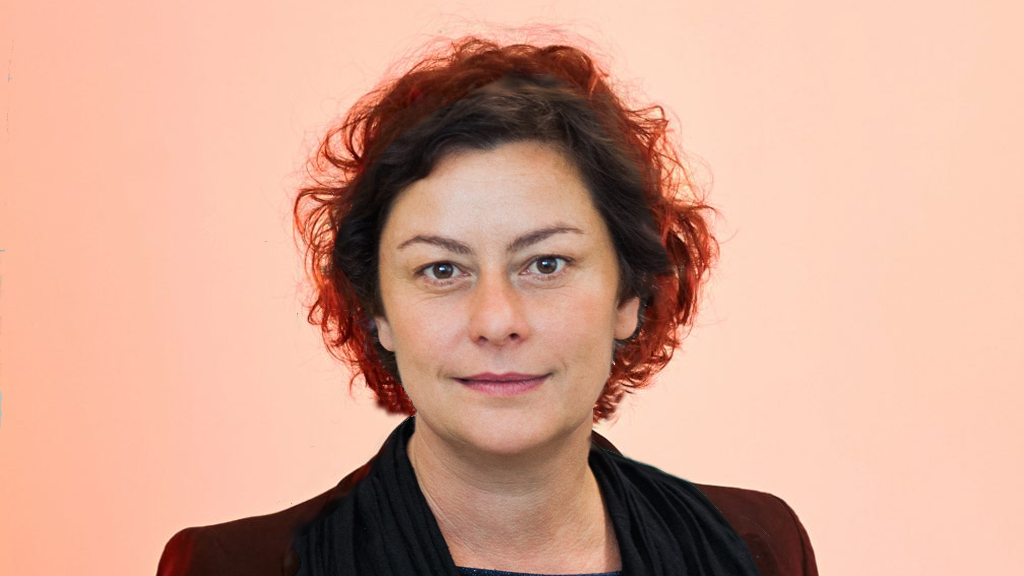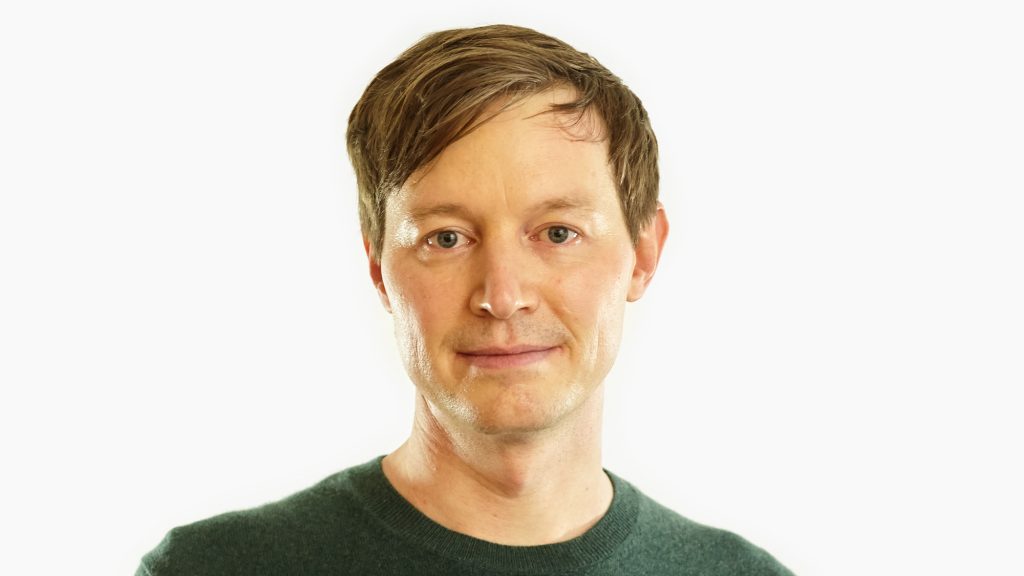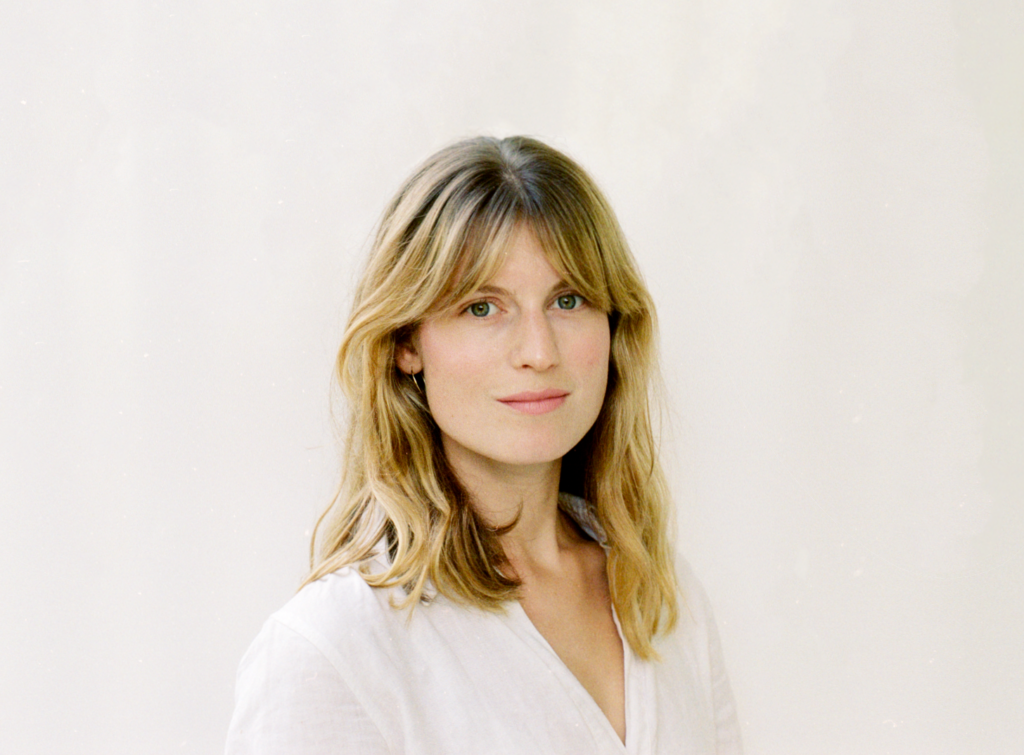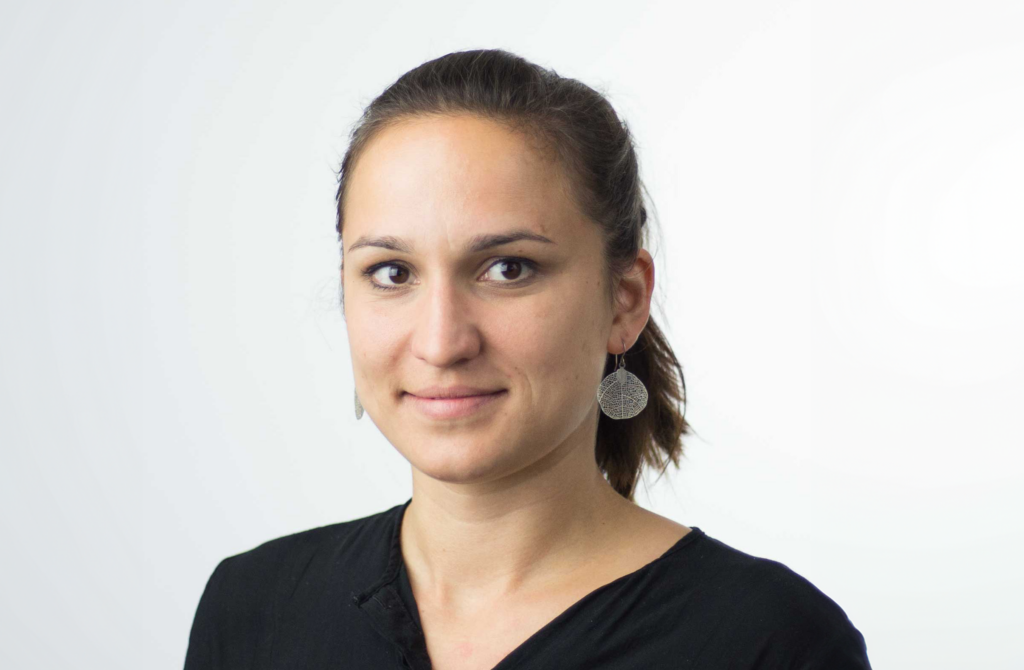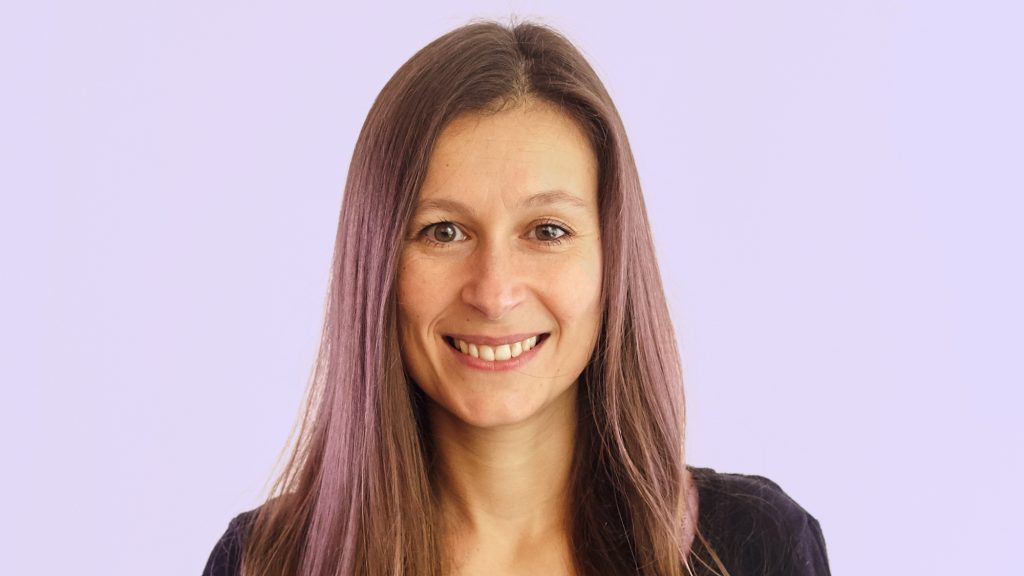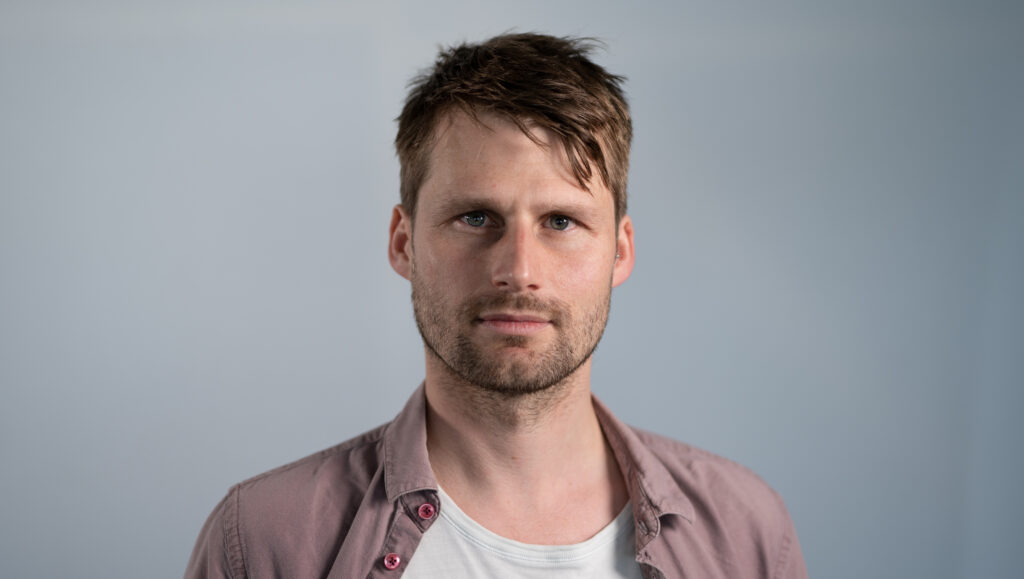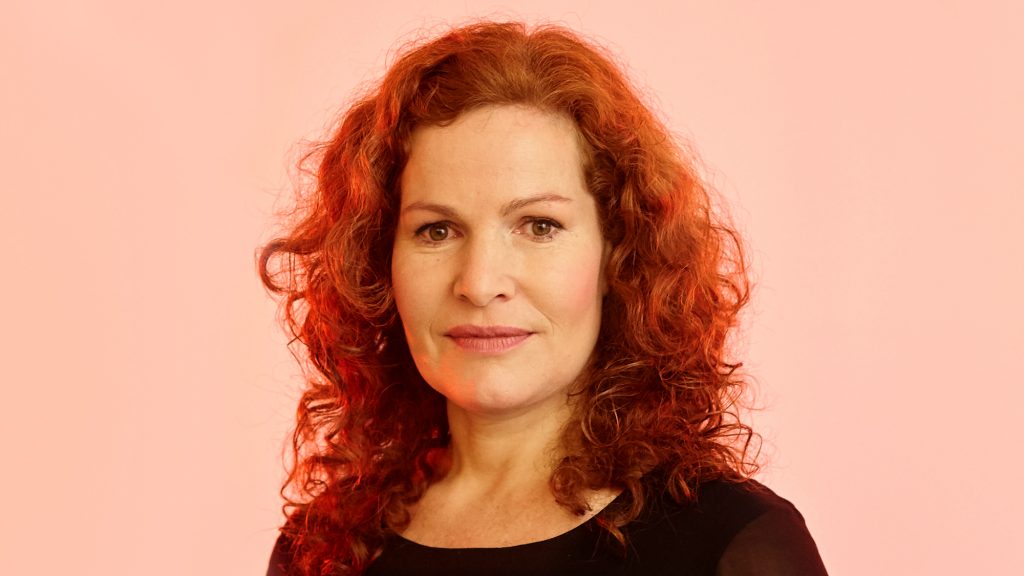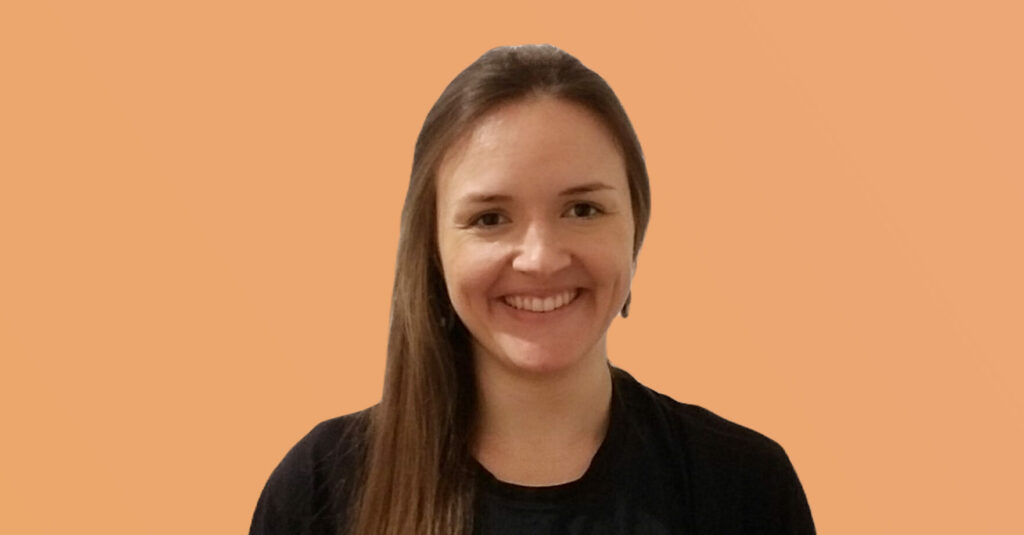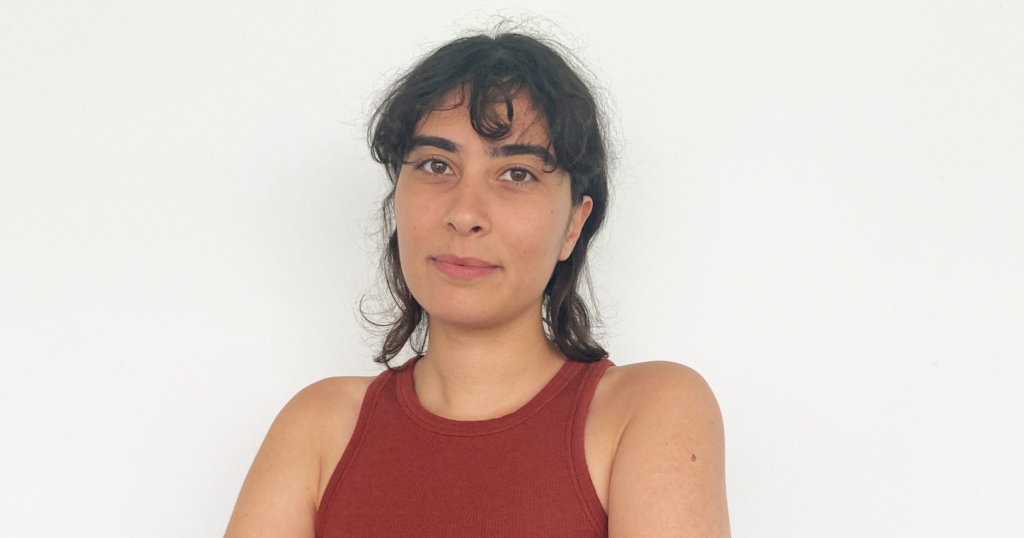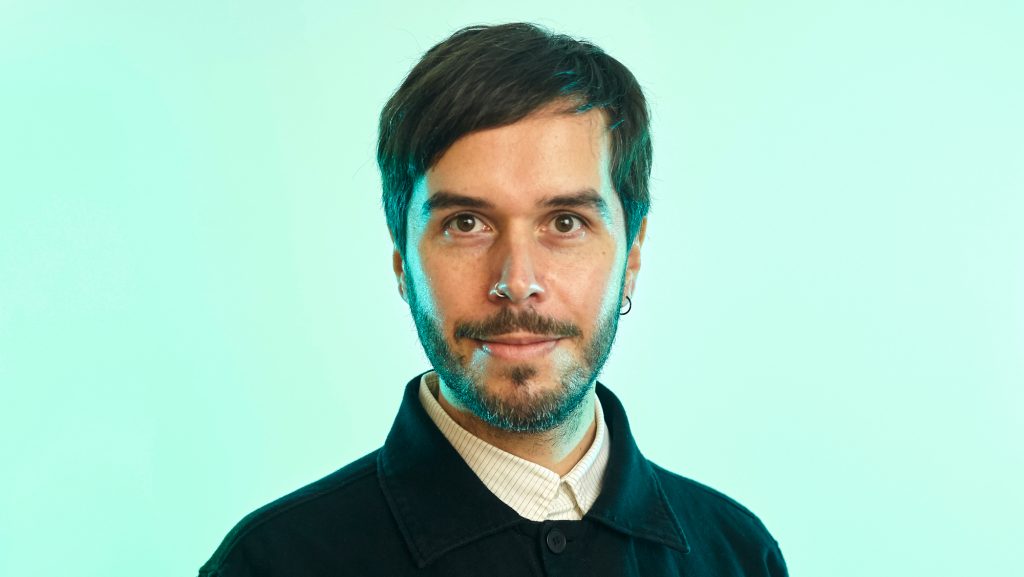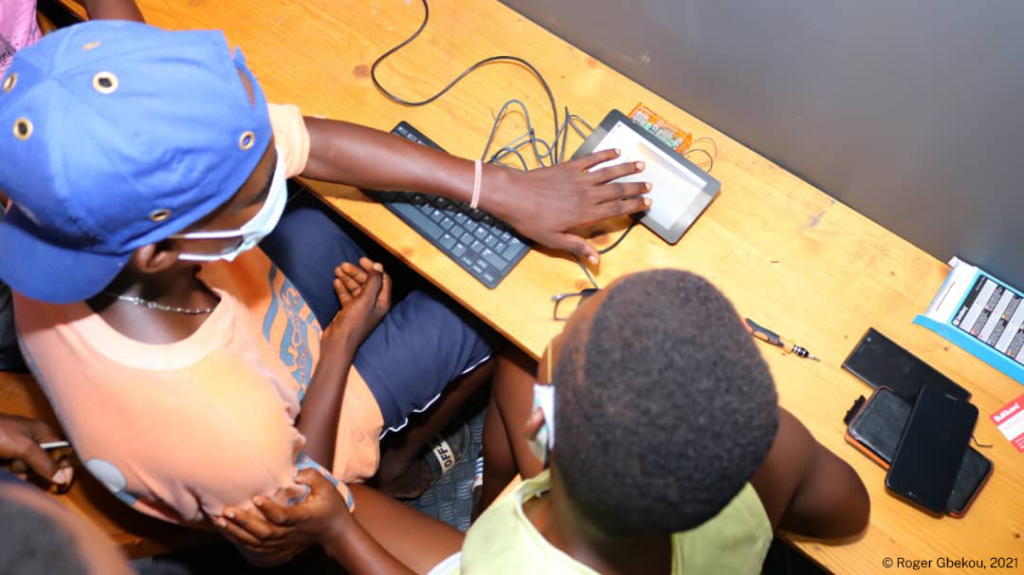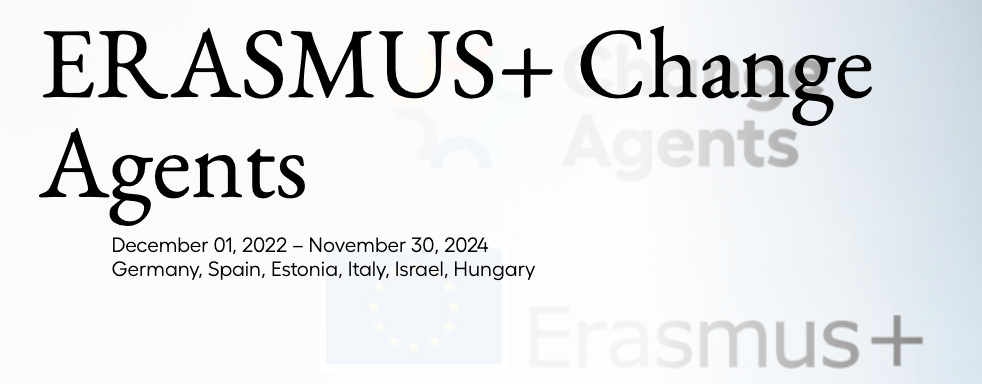In this week’s session of the Virtual Colloquium we will have Francisco Martinez as our guest. His talk is titled “Staying with the Hole: Regimes of Invisibility and Temporal Agency in Eastern Estonia”
In this lecture, we will study different regimes of visibility in relation to social order, materiality and expert knowledge. Drawing on my ethnographic fieldwork in Estonia, Georgia and Portugal, I will discuss the uncontrolled, elusive and opaque aspects of social research, showing how those ‘less clear’ examples of knowledge production are, nonetheless, constitutive of learning despite counting as not counting, being not easily transformed into data, and belonging to the realm of the non-measurable.
In doing so, we will re-read postcolonial ‘opacity’ in the context of contemporary claims for transparency and expertise. As posed by Glissant (1997), the ‘right to opacity’ consists in letting things be in their otherness, allowing diversity against the central modern gaze that always demands accountable clarity. Hence, we will step into the boundary between knowledge and non-knowledge to examine the eradication of opaque excess by technical standardization, while questioning modernists ideas of transparency (Vidler 1994), and current notions of productivity and success as articulated by digital capitalism (Zuboff 2019).
Francisco Martínez works as a Visiting Professor in Social Design at the Estonian Academy of Arts and convenes the Collaboratory for Ethnographic Experimentation (EASA Network). Before, he had worked at the University of Helsinki, Aalto University and the University of Leicester. In 2018, Francisco was awarded the Early Career Prize of the European Association of Social Anthropologists. He has published several books, including Ethnographic Experiments with Artists, Designers and Boundary Objects (UCL Press, 2021); Remains of the Soviet Past in Estonia (UCL Press, 2018); Politics of Recuperation in Post-Crisis Portugal(Bloomsbury, 2020); and Repair, Brokenness, Breakthrough (Berghahn, 2019), He has also led different art projects – including, ‘Objects of Attention’ (Estonian Museum of Applied Art & Design, 2019); ‘Greetings from Another Time and Space’ (Contemporary Art Museum of Estonia, 2019); ‘Life in Decline’ (Estonian Mining Museum, 2021); ‘’Keeping Things in the Dark” (Riga Art Space, 2022).
For the speakers list of this semester and for information on registration, please have a look here.

